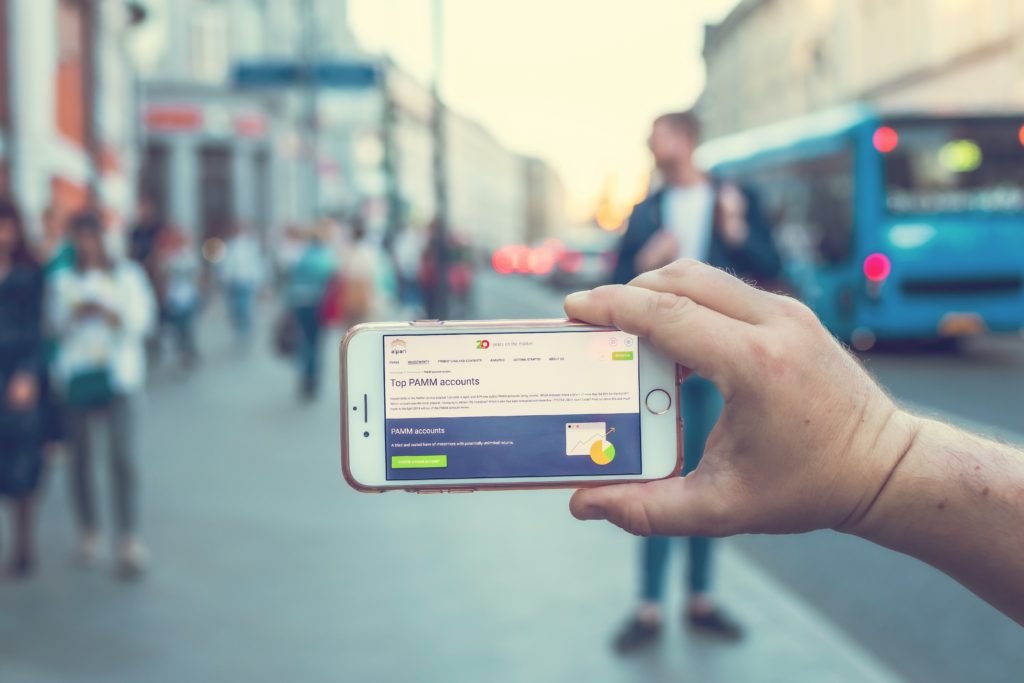5 Reasons Why Mobile Money is a Success in Africa

Financial inclusion may have been a distant dream for many African countries. What with a crumbling financial ecosystem, poor road connectivity and lack of awareness of financial services, financial inclusion seemed nowhere in sight. The launch of M-Pesa and the revolution of mobile money in Africa has turned the tide and how! This technology has transformed how people transact at the ground level. It is no ordinary feat for mobile penetration in Africa to reach 80 percent, double that of banking penetration! Wondering why the African population embraced mobile money with both hands? Here are 5 reasons why mobile money is a huge success in Africa.
Increases Safety
Poverty and a handicapped economy plunged Africa into a hub for cash point robberies and cash-in-transit robberies. This problem was eliminated by the digitized nature of mobile money. Digitized payments save the trouble of carrying money to banks or transfer unions and risking theft or banditry on the way. As of 2018, South Africa alone reported more than one cash-in-transit theft a day. Africans lapped up mobile money in a bid to have a safe payment mode and there was no looking back!
Makes Financial Inclusion Easy
The exponential success of mobile money lies in the fact that it was extremely easy. All it takes is a mobile phone, cellular subscriptions and broadband. A whopping 122 million mobile money accounts in Africa in 2017 is proof of how easy joining the financial ecosystem became. Mobile money brought those individuals into the financial radar who otherwise didn’t stand a chance. Women and rural population now transact at the click of a button! Those who were not part of the financial system are now big spenders and prudent savers!
Operating Costs Are Cheap
Traditional transactions require bank branches, staff, electricity and the works. Needless to say, all of these overhead costs are borne by customers itself. This makes the cost of transacting a burden for the underprivileged and discourages them from transacting. Let’s not forget the availability of infrastructure to access a bank in the first place! Mobile money comes as a breath of fresh air with abysmally low operating costs! Safaricom MPESA charges are easy to understand even by the moderately educated rural population. These charges are clearly spelt out and are nominal for all to afford.
Faster Overseas Transactions
A large chunk of African youth has crossed borders for employment opportunities. Sending money back home in a simple fashion every month becomes the need of the hour. Mobile money services championed on this to create an ecosystem that allow swift inbound receipts of foreign funds. According to the World Bank, Kenya has been a net remittance receiver, with over $2 billion inbound mobile money flowing in compared to outbound transfers of in $36 million in 2017. Mobile money is bringing wealth back to Africa little by little every year!
Swift & Simple Client Experience
Many people in third world nations lack basic knowledge of banking processes and protocols. This lack of knowledge in transacting requirements makes most people shudder at the thought to stepping foot in a bank. Mobile money services, on the other hand, make client experience extremely simple and seamless. Irrespective of the handset, all it takes is a few clicks to register. The process to send funds is remarkably straightforward. Paying bills and utilities is possible just with a click of a button without any transacting costs.












